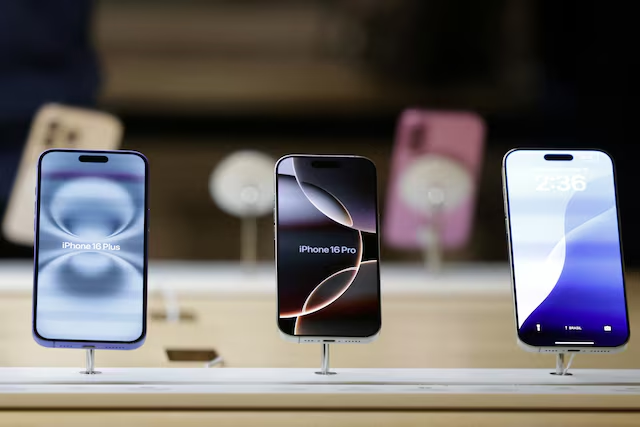Apple’s iPhone devices are now eligible to test SpaceX’s Starlink direct-to-cell capability in the United States, according to T-Mobile. This initiative aims to provide satellite-based coverage, enhancing connectivity in areas lacking traditional cellular infrastructure.
Trial Details
The trial phase, which received approval from the Federal Communications Commission (FCC) in November 2024, currently offers “text via satellite” services. Future plans include the addition of voice and data features to expand the service’s capabilities.
Device Compatibility
Initially, the program was limited to select Android smartphones. However, with the release of iOS 18.3, iPhone users can now participate in the trial. This development is the result of collaborative efforts among Apple, SpaceX, and T-Mobile to integrate support for Starlink’s network into Apple’s latest software.
Regulatory Approvals and Emergency Use
In October 2024, the FCC authorized SpaceX and T-Mobile to enable Starlink satellites with direct-to-cell capabilities. This approval facilitated the provision of satellite coverage in areas of North Carolina affected by Hurricane Helene, demonstrating the technology’s potential in emergency scenarios.
Industry Context
The integration of satellite connectivity into standard smartphones is a growing trend in the telecommunications industry. For instance, Vodafone recently achieved a milestone by making the world’s first satellite video call using a standard smartphone from a remote location. This was accomplished through a partnership with AST SpaceMobile’s satellite service. Such advancements aim to close network coverage gaps and have attracted investment from major companies, including AT&T, Verizon, and Google.
In summary, the collaboration between Apple, SpaceX, and T-Mobile to integrate Starlink’s direct-to-cell capability into iPhones marks a significant step forward in expanding mobile connectivity. This initiative not only enhances user experience but also underscores the potential of satellite technology in bridging coverage gaps, particularly in remote or disaster-affected areas.

http://Kevin%20Barber
Hi Onsameip,
Let’s face it—most marketing strategies today are ineffective, leaving business owners frustrated and wondering where all their money went.
Here’s the truth: Traditional marketing doesn’t work anymore. It’s about time to shift to direct-response marketing, the proven strategy that generates results in the real world.
Dan Kennedy, one of the leading marketing experts, swears by direct-response marketing, and his strategies have helped thousands of business owners grow their brands.
Let me show you how to apply it to your business.
Step 1: Know Your Target Audience
Targeting everyone is a huge mistake. You must define your ideal customer. Direct-response marketing requires you to speak directly to a specific group of people.
Example 1:
Target Audience: Busy professionals
Offer: “Quick and effective workout plans for busy professionals.”
This specific focus allows businesses to craft marketing messages that truly resonate.
Example 2:
Target Audience: Aspiring entrepreneurs
Offer: “The ultimate guide to start your e-commerce store in 30 days—no prior experience required.”
This appeals directly to the desires of this niche, making the marketing message much stronger.
Step 2: Clear and Compelling Offer
A great product is only as good as the offer. The offer should solve a problem and make it impossible for your ideal customer to say no.
Example 1:
A fitness coach offered: “Sign up for my program today and receive a free 1-hour coaching session, valued at $300.” This added value made the offer irresistible.
Example 2:
An e-commerce store offered: “Free shipping on all orders over $50, plus a free product with every purchase.” The free bonus added to the deal makes it more attractive.
Step 3: Track Everything
If you’re not measuring, you’re guessing. The most successful marketers track their results religiously.
Example 1:
A car dealership tested their email campaigns and found that subject lines with specific car models drove a 25% higher open rate than generic ones.
Example 2:
A SaaS company split their traffic between two landing pages: one with a video and one with text. The video version converted 40% more visitors into paying customers.
Your Action Step:
Start tracking your marketing results—whether it’s email opens, clicks, or conversions. If you don’t track, you can’t improve.
Tomorrow, we’ll dive into crafting irresistible offers and how to create something your customers can’t say no to.
To your success,
Kevin
Who is Dan Kennedy?
https://books.forbes.com/authors/dan-kennedy/
Unsubscribe:
https://marketersmentor.com/unsubscribe.php?d=onsameip.com